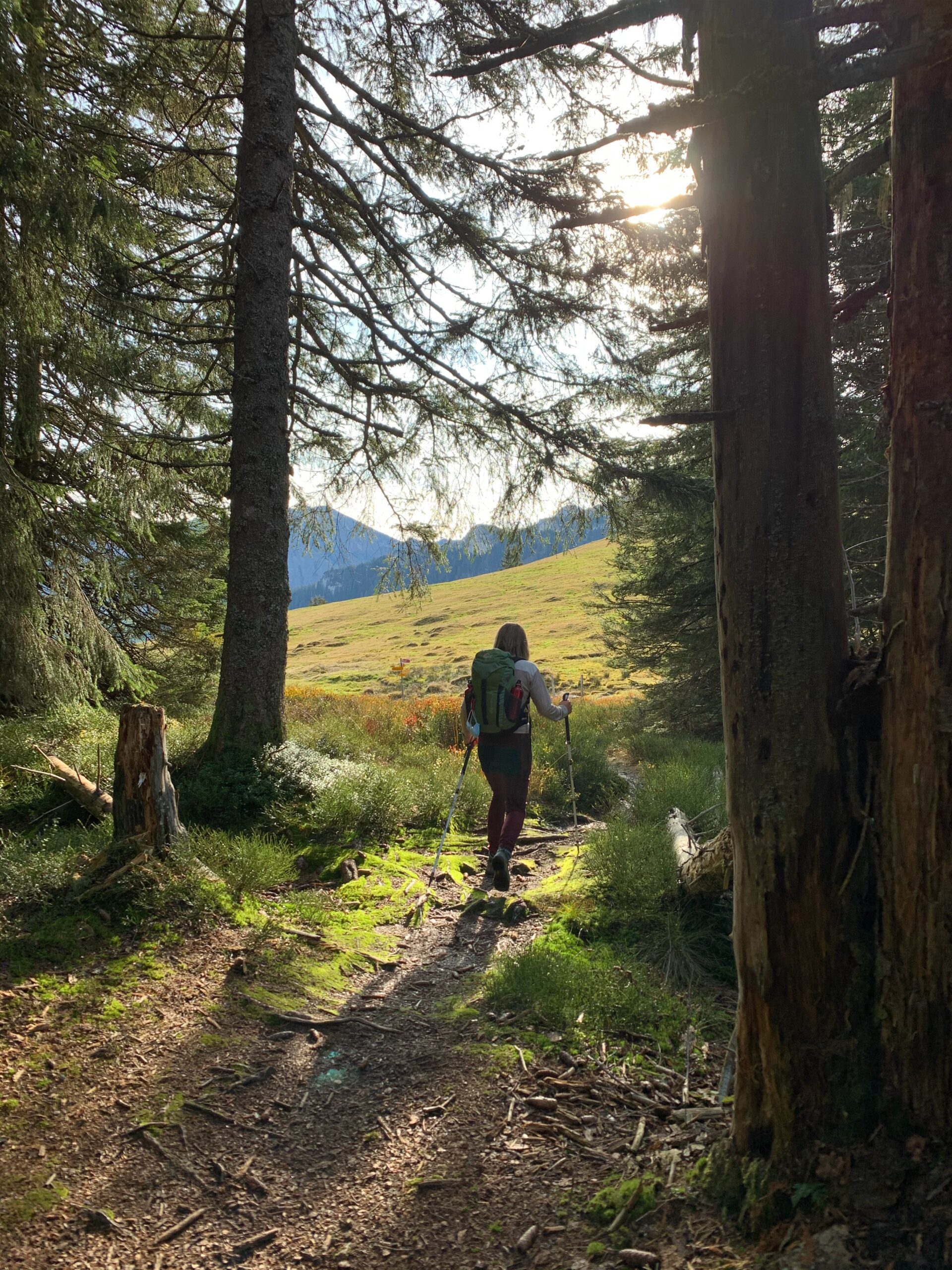Introduction
In recent years, the field of counseling has seen a surge in alternative therapeutic approaches that combine the benefits of nature with traditional psychotherapy. One such approach gaining popularity is hiking during counseling. Combining the healing power of nature with the insights of counseling, hiking paired with therapy offers a unique and effective way to address mental health challenges. This is why Active Therapy Counseling, located in beautiful and scenic southern York County, includes this as one of the activities offered during therapy for their active therapy approach. In this article, we will explore the top ten benefits of hiking as a counseling approach, backed by research and expert opinions.
Natural Stress Reduction
Spending time in nature and engaging in physical activity, such as hiking, has been shown to reduce stress levels significantly. Nature’s calming influence helps decrease the production of stress hormones and promotes the release of endorphins, leading to improved mood and overall emotional well-being. A study published in the Journal of Environmental Psychology (Barton & Pretty, 2010) demonstrated that just five minutes of outdoor activity in green spaces can significantly improve mood and self-esteem.
Enhanced Emotional Regulation
Hiking during counseling allows individuals to connect with their emotions in a natural setting, promoting a sense of emotional awareness and regulation. The combination of physical activity and natural surroundings, which is the basis of active therapy, helps individuals process difficult emotions more effectively. Research published in the American Journal of Play (Kellert, 2002) has highlighted that exposure to nature can improve emotional resilience and foster better coping mechanisms.
Increased Self-Esteem and Empowerment
The accomplishment of completing a challenging hike can boost self-esteem and empower individuals, especially those struggling with feelings of inadequacy. Overcoming physical obstacles in nature translates to overcoming personal obstacles in life, leading to increased self-confidence and a positive sense of achievement.
Improved Interpersonal Relationships
Hiking during therapy can involve33 group sessions, providing participants with opportunities to interact with others and develop meaningful connections. Shared outdoor experiences can foster trust, empathy, and mutual support among group members. A study published in the Journal of Applied Sport Psychology (Rees, Ntoumanis, & Jolly, 2009) found that group-based physical activities like hiking can enhance social well-being and improve relationships.
Mindfulness and Grounding
Nature offers a perfect setting for practicing mindfulness and grounding techniques. Engaging in hiking therapy encourages individuals to be present in the moment, focusing on their senses, surroundings, and inner thoughts. Mindfulness in nature has been associated with reduced symptoms of anxiety and depression (Bratman et al., 2019), making hiking an effective tool in managing these conditions.
Increased Physical Fitness
Apart from the mental health benefits, hiking as a counseling approach also promotes physical fitness. Regular physical activity can improve cardiovascular health, strengthen muscles, and boost overall fitness levels. Exercise stimulates the release of endorphins, which act as natural mood lifters and painkillers, contributing to improved mental well-being.
Encourages Problem-Solving Skills
Hiking often presents unexpected challenges, such as navigating difficult terrains or planning a safe route. Engaging in hiking therapy provides individuals with the opportunity to develop problem-solving and decision-making skills in real-time, which can be applied to various life situations.
Connection to the Environment
As individuals spend more time in nature during hiking, they often develop a deeper appreciation for the environment. This connection can lead to a greater sense of purpose and a commitment to protecting natural spaces, which has been linked to increased life satisfaction and happiness (Howell, Passmore, & Buro, 2013).
Versatility in Counseling
Hiking as a counseling approach can be tailored to suit a wide range of mental health issues, including anxiety, depression, trauma, and stress-related disorders. Its flexibility allows counselors to customize therapy sessions based on individual needs and preferences, making it a valuable addition to traditional counseling approaches.
Long-term Resilience
The benefits gained through hiking therapy tend to extend beyond the duration of the sessions. Participants often report improved resilience and adaptive coping strategies that continue to impact their lives positively after therapy concludes.
Conclusion
Hiking as a counseling approach harnesses the power of nature to improve mental and emotional well-being. The top ten benefits outlined in this article, supported by research and expert opinions, showcase the potential of hiking therapy as an effective and versatile therapeutic tool. By combining the therapeutic power of nature with counseling techniques, hiking offers a holistic approach to addressing mental health challenges, promoting healing, growth, and resilience in individuals seeking support and self-discovery.
If you feel that this has piqued your interest in this approach to counseling, Active Therapy Counseling, located in Southern York County, offers this very approach. Take advantage of the beautiful Southern Pennsylvania countryside by engaging in active therapy with your counselor for a very comparable price versus the traditional counseling approaches that are in the area. The weather is getting warmer, there is no better time to start!
References:
Barton, J., & Pretty, J. (2010). What is the Best Dose of Nature and Green Exercise for Improving Mental Health? A Multi-Study Analysis. Environmental Science & Technology, 44(10), 3947-3955.
Kellert, S. R. (2002). Experiencing Nature: Affective, Cognitive, and Evaluative Development in Children. In P. H. Kahn & S. R. Kellert (Eds.), Children and Nature: Psychological, Sociocultural, and Evolutionary Investigations (pp. 117-151). MIT Press.
Rees, T., Ntoumanis, N., & Jolly, K. (2009). Affect and Motivation during Physical Activity in Group Settings: An Invariance Test of Control-Value Theory. Journal of Applied Sport Psychology, 21(1), 61-78.
Bratman, G. N., Hamilton, J. P., Daily, G. C., & Gross, J. J. (2019). Nature Experience Reduces Rumination and Subgenual Prefrontal Cortex Activation. Proceedings of the National Academy of Sciences, 112(28), 8567-8572.
Howell, A. J., Passmore, H.-A., & Buro, K. (2013). Meaning in Nature: Meaning in Life as a Mediator of the Relationship between Nature Connectedness and Well-Being. Journal of Happiness Studies, 14(6), 1681-1696.
